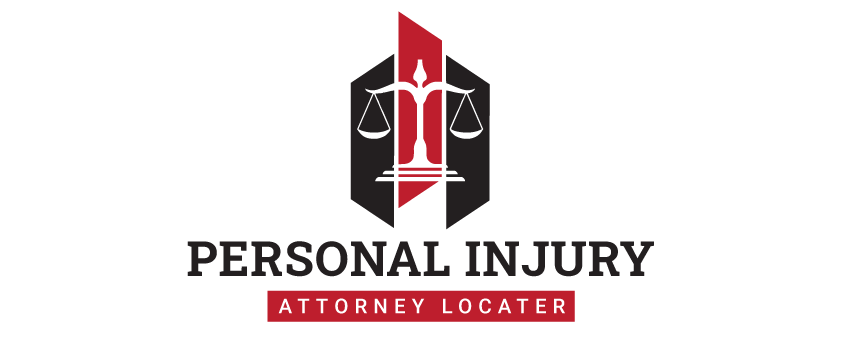How to File Personal Injury Claims
0Your state laws may provide you with eligibility to file for financial compensation following an injury claim, usually seeking both general and special damages.
Accidents may not always be avoidable, but you can reduce their chance of occurring on your property by following these tips to help.
Medical bills
Medical expenses associated with an injury can quickly add up. To make sure that you can qualify for PIP benefits and receive assistance for these costs, it’s crucial that medical attention be sought immediately following an accident. A personal injury attorney can help determine your eligibility for any available government programs to assist in covering expenses associated with these injuries.
After being involved in an accident, you may require medical treatment including medication, surgery, adaptive equipment and physical therapy. Some injuries also require ongoing therapy sessions resulting in additional costs.
State law typically permits injured victims to recover past and future medical bills as part of a settlement, provided these bills are reasonable. Medical billing experts can help establish what constitutes “reasonable value” of services or procedures billed; in some states a presumption exists against defendants which they can overturn through expert testimony.
Lost wages
Lost wages can be one of the greatest financial impacts from an accident. Wages refers to any money received from employers for work completed; it can come in the form of either company paychecks or direct deposit into your bank account.
Unplanned time away from work can leave you with many expenses to pay, including credit card bills, rent/mortgage payments, utility bills and property taxes. Missed payments could result in late fees, penalties and an adverse affect to your credit score.
Making a personal injury claim to recover lost wages can help you recoup any lost monetary compensation due to injuries in an accident. This includes overtime earnings, seasonal earnings and tips; vacation days used during an absence due to your accident; sick and personal days used to compensate; any vacation, sick and personal days taken off work as compensation due to said absence; as well as vacation, sick and personal days that have had to cover your absence from work due to this accident; this consideration differs from lost earning capacity which requires expert testimony from health practitioners or forensic occupational experts when considering this factor.
Pain and suffering
Pain and suffering refers to physical and emotional discomfort caused by personal injuries, as well as any aspects that affect quality of life, such as loss of enjoyment during regular activities, decreased social interactions or an inability to complete household chores. Non-economic damages for pain and suffering are calculated using two different methodologies.
Medical documentation of your injuries allows doctors to establish the extent of both physical and psychological pain you are experiencing, as well as long-term prognosis that impacts any potential payout in case your claim succeeds.
Although there is no precise formula to calculate pain and suffering, your attorney can use evidence such as photographs of injuries sustained to demonstrate how it has altered daily routine and life, including testimony from friends and family members as well as emotional distress such as embarrassment, anxiety, fear, crying, lack of sleep depression post traumatic stress disorder (PTSD) humiliation by courts when awarding pain and suffering awards.
Damages
Damages are awarded as compensation for physical, emotional and property losses caused by an incident.
Personal injury cases typically cover medical bills, lost income and expenses associated with an accident or injuries directly, but victims may seek additional compensation for future losses and reduced quality of life due to their injury. Therefore, keeping records and journals detailing your daily pain levels as well as their effect on relationships between family members can increase your chance of receiving maximum non-economic damages compensation.
Personal injury cases involve three types of damages: general, special and punitive. While general and special damages have a tangible monetary value and can easily be calculated, punitive damages may be awarded when defendants act with malicious intent, reckless disregard or gross negligence.

